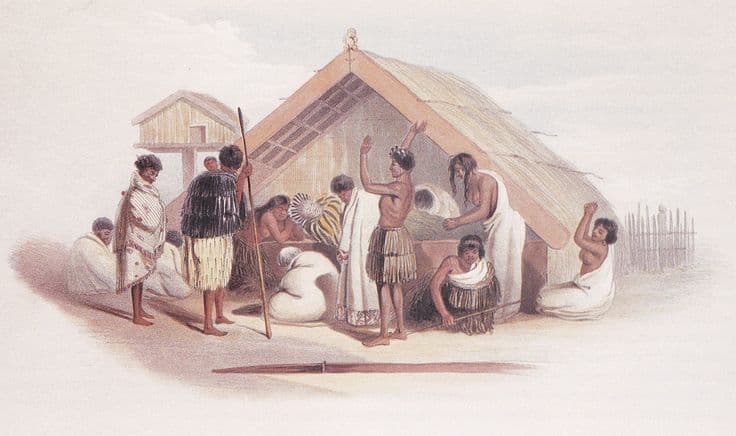We're loading the full news article for you. This includes the article content, images, author information, and related articles.
A deeply rooted Luo custom dictates that the deceased's body must spend a night in their home before burial, a practice central to honouring the dead and ensuring a peaceful transition to the afterlife.

In the Luo community of Kenya, the practice of a deceased person's body spending a night in their home before burial is a fundamental aspect of funeral rites. This tradition, observed widely across Luoland, is not merely a formality but a profound expression of respect for the departed and a crucial step in their spiritual journey. According to Luo elders, including Nyandiko Ongadi, a leader of a faction of the Luo Council of Elders, placing the body in the house is a way to accord the deceased their last respects, particularly if they had built the home themselves.
This custom underscores the Luo belief that death is a transition to the world of ancestors, and the burial process is vital for guiding the spirit to its next home. The overnight stay allows family members to mourn, view the body, and perform rituals considered essential for honouring the deceased and facilitating a peaceful transition.
While many Kenyan communities have seen some traditional funeral practices evolve with modernity, the Luo community largely adheres to its established rites. Even if a person died in a rented house in an urban area, Luo customs often require the body to first spend a night there before being transported to the ancestral village for another overnight stay. This symbolises a final return to both homes of their life.
However, there are practical considerations. Mr. Ongadi notes that Luo customs do not forbid same-day burial if the body is collected from the mortuary, provided it is still brought into the house for a brief period. This flexibility acknowledges modern challenges such as reducing expenses, which can be substantial for elaborate Luo funerals.
The overnight stay is part of a broader series of rituals. For men with multiple wives, the body is traditionally placed in the first wife's house. Should that house be damaged or non-existent, a temporary structure, even a small one with a roof, must be built for the body's overnight stay.
The body must be removed from the house by 6:00 AM EAT, as people begin their day. Luo burials typically occur at the ancestral home, never in public cemeteries, which are viewed as denying the deceased their sense of belonging. Failing to return a body to its ancestral home is considered taboo and may invite misfortune or ancestral haunting.
Other significant Luo funeral traditions include tero ywak (the announcement of death, often through wailing), night vigils known as arita where mourners gather to sing dirges and recount the deceased's life, and tero buru, a symbolic procession to drive away evil spirits and cleanse the homestead.
The deep cultural importance of Luo burial practices gained national attention during the 1986-1987 S.M. Otieno burial dispute, which highlighted the community's strong emphasis on ancestral burial grounds. While some rituals like tero buru are gradually declining due to modern influences and changing societal norms, the core belief in honouring the dead through specific rites remains strong.
The Luo worldview emphasises harmony, respect for the natural world, and the interconnectedness of all beings, with ancestral spirits playing a significant role as guardians and intermediaries. This spiritual belief underpins the elaborate funeral preparations and ceremonies, which are seen as crucial for ensuring the deceased's spirit finds peace and does not haunt the living.
While the tradition of the overnight stay is widely observed, the extent to which other elaborate rituals, such as the full tero buru ceremony, are still practiced varies. Some prominent figures have opted for more modern or Christian-influenced send-offs, leading to discussions about the balance between cultural preservation and contemporary practices.
The ongoing interplay between traditional Luo funeral customs and modern societal changes will continue to shape how these rites are observed. The emphasis on ancestral homes for burial is likely to persist, reflecting the deep-seated cultural and spiritual beliefs of the Luo community.
Keep the conversation in one place—threads here stay linked to the story and in the forums.
Sign in to start a discussion
Start a conversation about this story and keep it linked here.
Other hot threads
E-sports and Gaming Community in Kenya
Active 9 months ago
The Role of Technology in Modern Agriculture (AgriTech)
Active 9 months ago
Popular Recreational Activities Across Counties
Active 9 months ago
Investing in Youth Sports Development Programs
Active 9 months ago